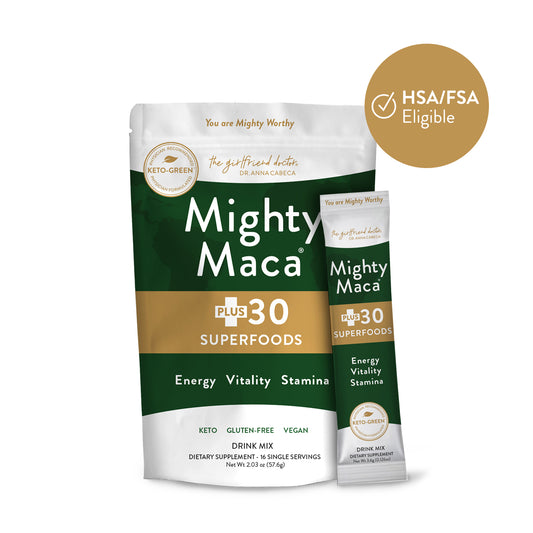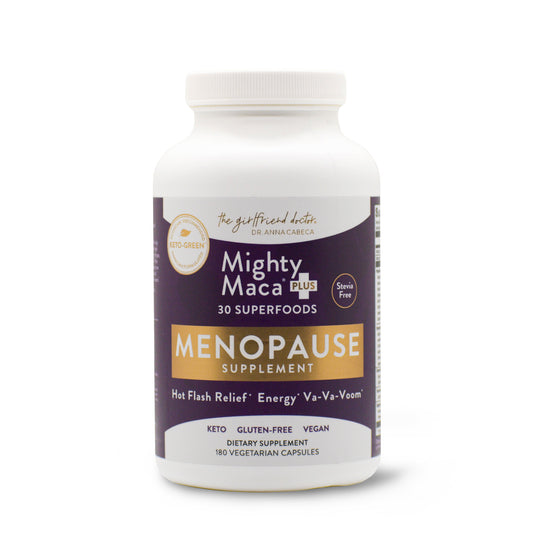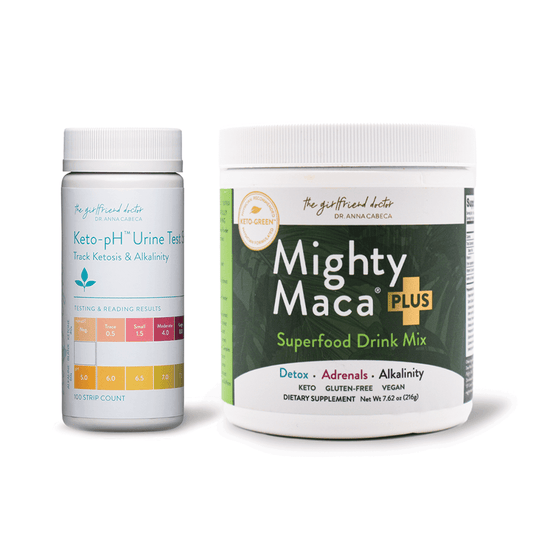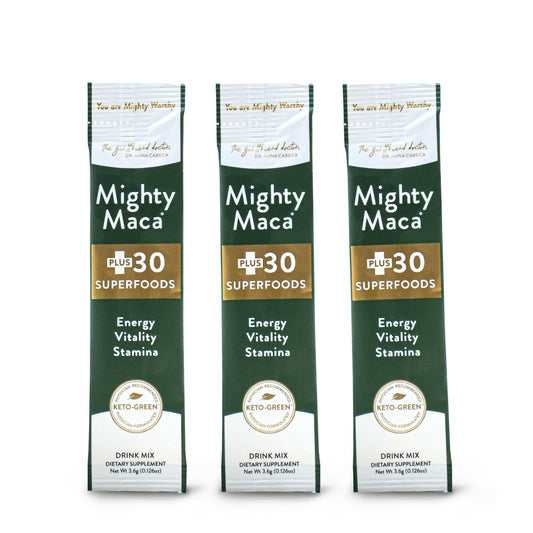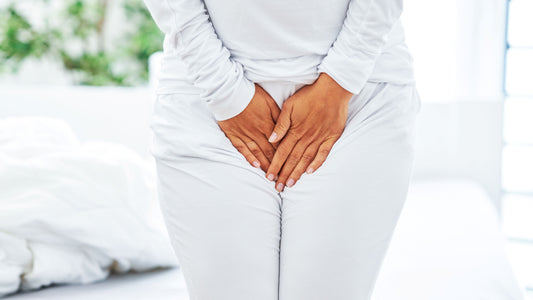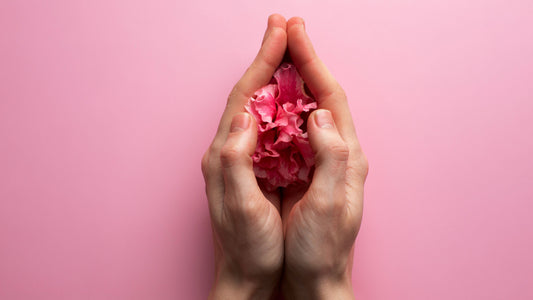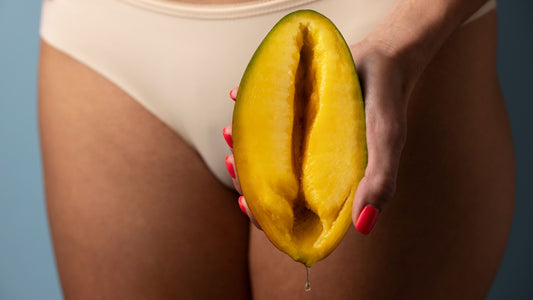In This Article, You Will Learn:
What causes vaginal dryness in midlife and menopause
Why estrogen isn’t the only hormone involved
The connection between dryness, confidence, and intimacy
Natural ways to relieve dryness without harsh chemicals
How Julva® can help restore comfort and pleasure
If you’ve noticed discomfort, itching, or a loss of sensitivity "down there" in your 40s or 50s, you’re not alone — and you’re not broken.
Vaginal dryness is one of the most common and least talked-about symptoms women face during perimenopause and menopause. It can show up as discomfort during intimacy, burning or itching, or even urinary issues. But here’s the good news: you don’t have to suffer or settle.
"Dryness isn’t just a physical issue. It affects your confidence, your connection, and your quality of life. And there are solutions."

Hormones play a central role. As estrogen, progesterone, and DHEA levels decline in midlife, the tissue of the vulva and vagina can become thinner, less elastic, and drier.
But estrogen isn’t the only player. DHEA — a hormone naturally produced by your adrenal glands — is a key precursor to both estrogen and testosterone. Declines in DHEA have been shown to correlate strongly with vaginal dryness, irritation, and a loss of libido.
Other contributors include:
Chronic stress (which suppresses hormone production)
Harsh soaps or hygiene products
Certain medications (like antihistamines or antidepressants)
Low thyroid function or poor circulation

While vaginal dryness can make intimacy uncomfortable or even painful, its impact goes beyond the bedroom.
Women report:
Avoiding intimacy due to discomfort
Feeling disconnected from their bodies or partners
Increased risk of urinary tract irritation or infections
This isn’t just about sex. It’s about sensation, confidence, and the right to feel good in your skin.

Rather than turning to synthetic hormone therapies or harsh topical products, Dr. Anna recommends a holistic, hormone-friendly approach:
Avoid soaps, douches, and scented products near the vulva
Wear breathable cotton underwear and skip thongs if you’re experiencing discomfort
Support hormonal balance with adaptogens like maca (found in Mighty Maca® Plus)
Hydrate with healthy fats (omega-3s are great for tissue integrity)
Use a restorative topical like Julva®, which contains DHEA, coconut oil, and emu oil to nourish the delicate skin
Julva® is Dr. Anna's physician-formulated feminine cream made with:
DHEA – to support tissue elasticity and natural moisture
Alpine rose stem cells – for cellular regeneration and resilience
Coconut oil + emu oil – for moisture and barrier protection
It’s completely non-irritating, gynecologist-approved, and backed by thousands of 5-star reviews.
"I thought intimacy was over for me. Julva brought the spark and comfort back. I feel like myself again." — Elena, 58
"After just a few weeks, I noticed less irritation and more sensitivity. Total game-changer." — Marie, 46
Is It Safe to Use DHEA Topically?
Topical DHEA (like in Julva®) is generally well-tolerated and acts locally on the tissue, without significant systemic absorption. It helps stimulate collagen, increase blood flow, and restore natural lubrication. Always consult your provider, but for many women, it’s a safe and effective choice.
Summary: You Deserve to Feel Good Again
Vaginal dryness isn’t just "part of getting older." It’s a sign your body needs support. With the right lifestyle tweaks and targeted topical care, you can restore comfort, pleasure, and confidence.
Disclaimer: This information is for educational purposes only and is not intended to diagnose, treat, cure, or prevent any disease. Always consult your healthcare provider.


